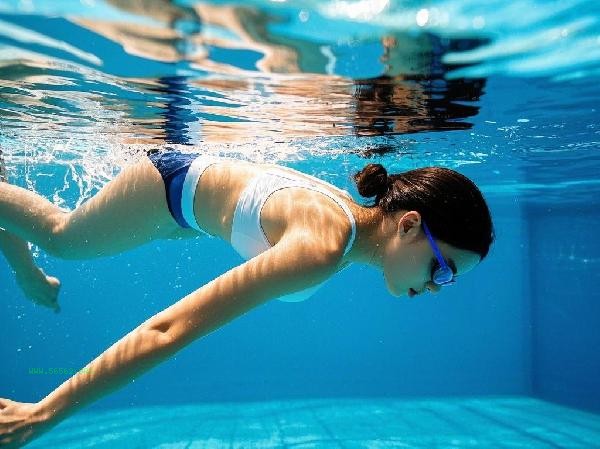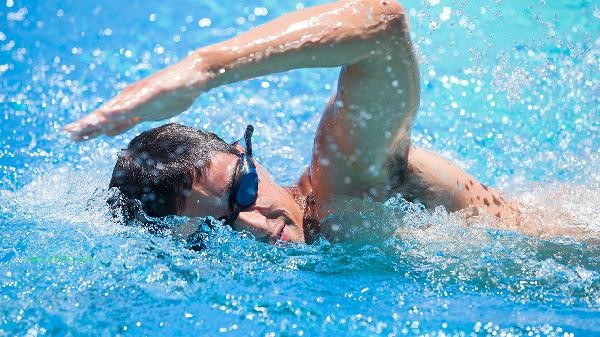In most cases, choking after swimming does not leave any sequelae, but in a few cases, it may cause complications such as aspiration pneumonia or laryngeal spasms. Choking on water is a reflex cough reaction caused by water entering the respiratory tract, which can usually be relieved by promptly expelling water. The most common symptoms after choking on water while swimming are brief coughing and throat discomfort, which usually disappear on their own within minutes to hours. When choking on water, the human body will expel the water from the respiratory tract through the cough reflex to prevent it from entering the lungs. For healthy individuals, occasional choking on water does not have long-term effects on the respiratory system. Keeping calm while swimming and mastering correct breathing techniques can effectively reduce the probability of choking. In rare cases, choking on water may cause water to enter the lungs, leading to aspiration pneumonia. This situation is more common in people who have a large amount of choking water or fail to expel water in a timely manner after choking. The symptoms of aspiration pneumonia include persistent cough, chest pain, fever, etc., which require timely medical treatment. Children and the elderly have a relatively high probability of developing complications after choking on water due to their fragile respiratory system. In rare cases, choking on water may induce laryngeal spasms, leading to difficulty breathing, which requires immediate emergency treatment.

When swimming, it is important to avoid excessive fatigue and choose a swimming area that is suitable for one's own level. Beginners can practice breathing techniques in shallow water areas. After choking on water, one should remain calm and expel fluids through coughing. If symptoms such as persistent coughing and difficulty breathing occur, seek medical attention promptly. Daily respiratory muscle training can be strengthened, such as practicing the rhythm of underwater exhalation and surface inhalation, to enhance control over breathing and reduce the risk of choking on water. Warm up before swimming to avoid sudden and intense exercise that can cause breathing disorders.









Comments (0)
Leave a Comment
No comments yet
Be the first to share your thoughts!